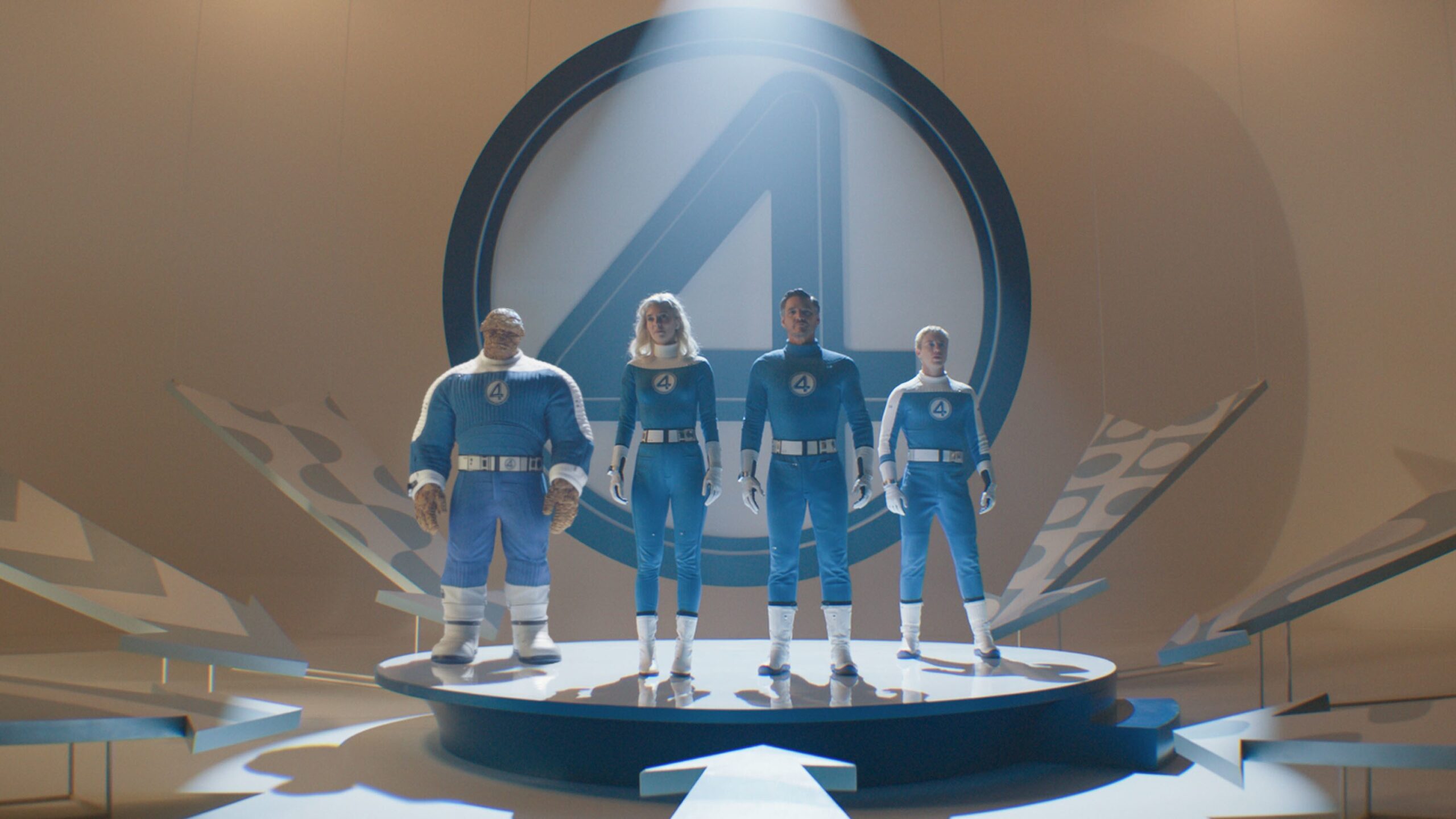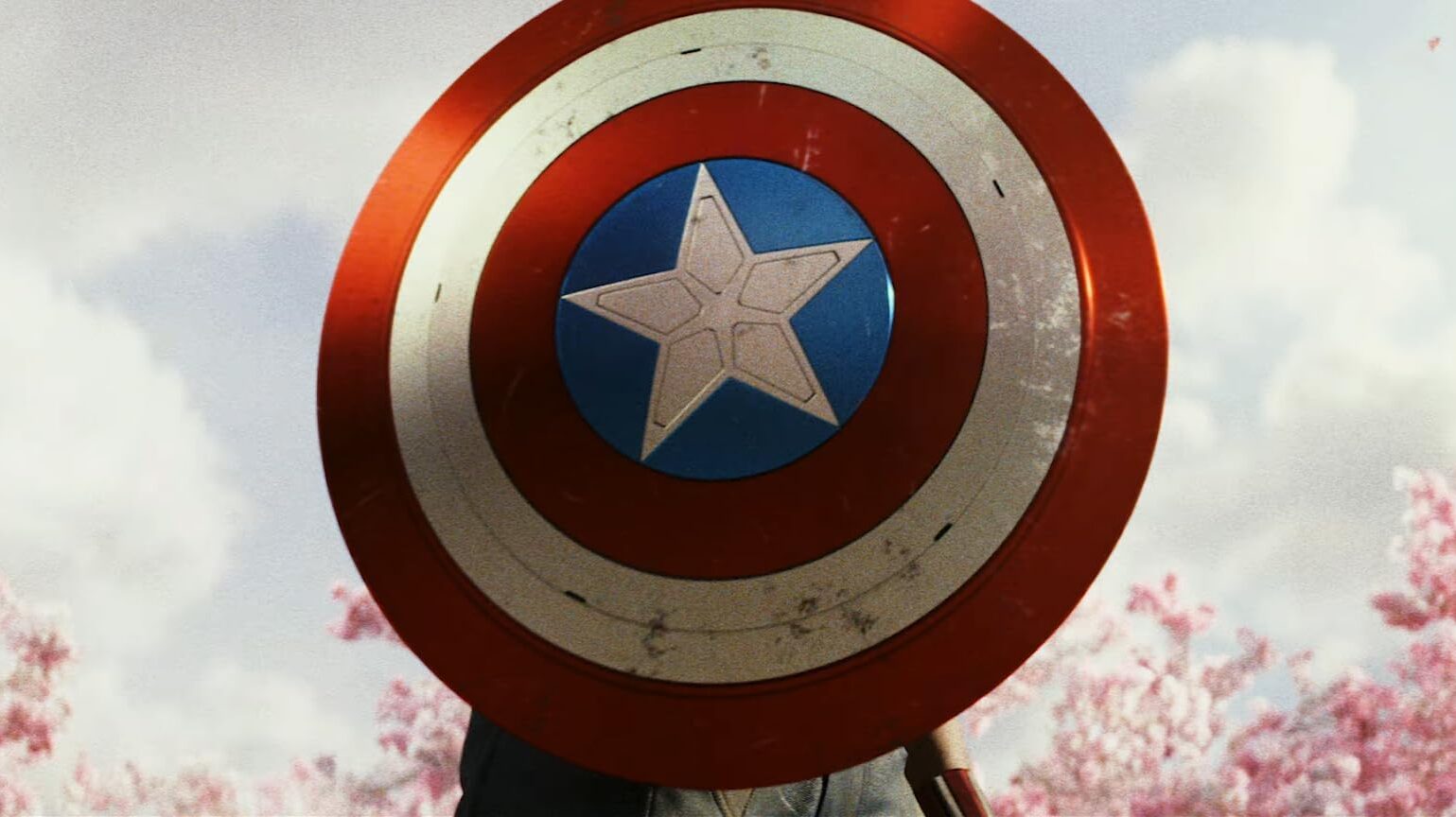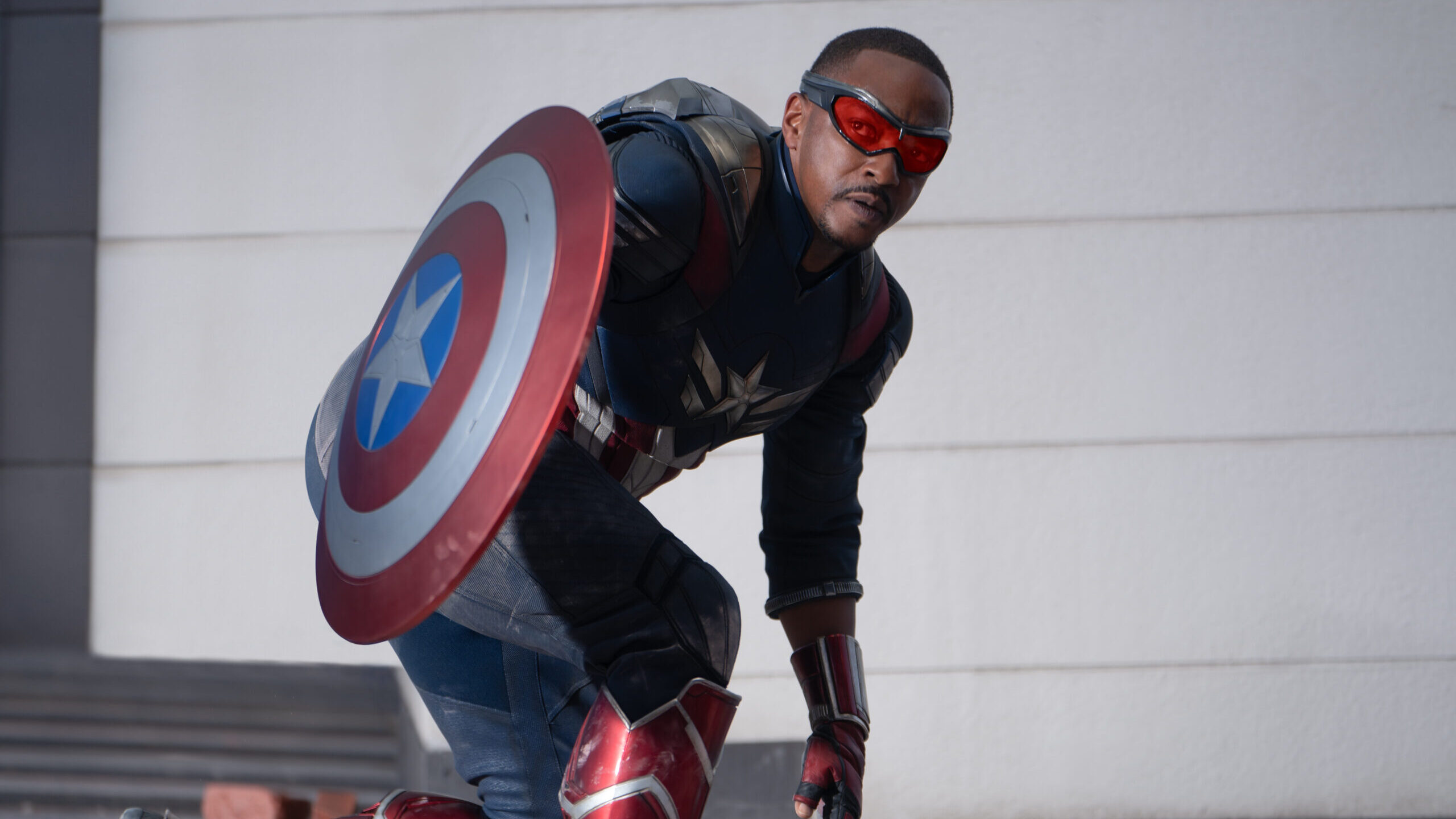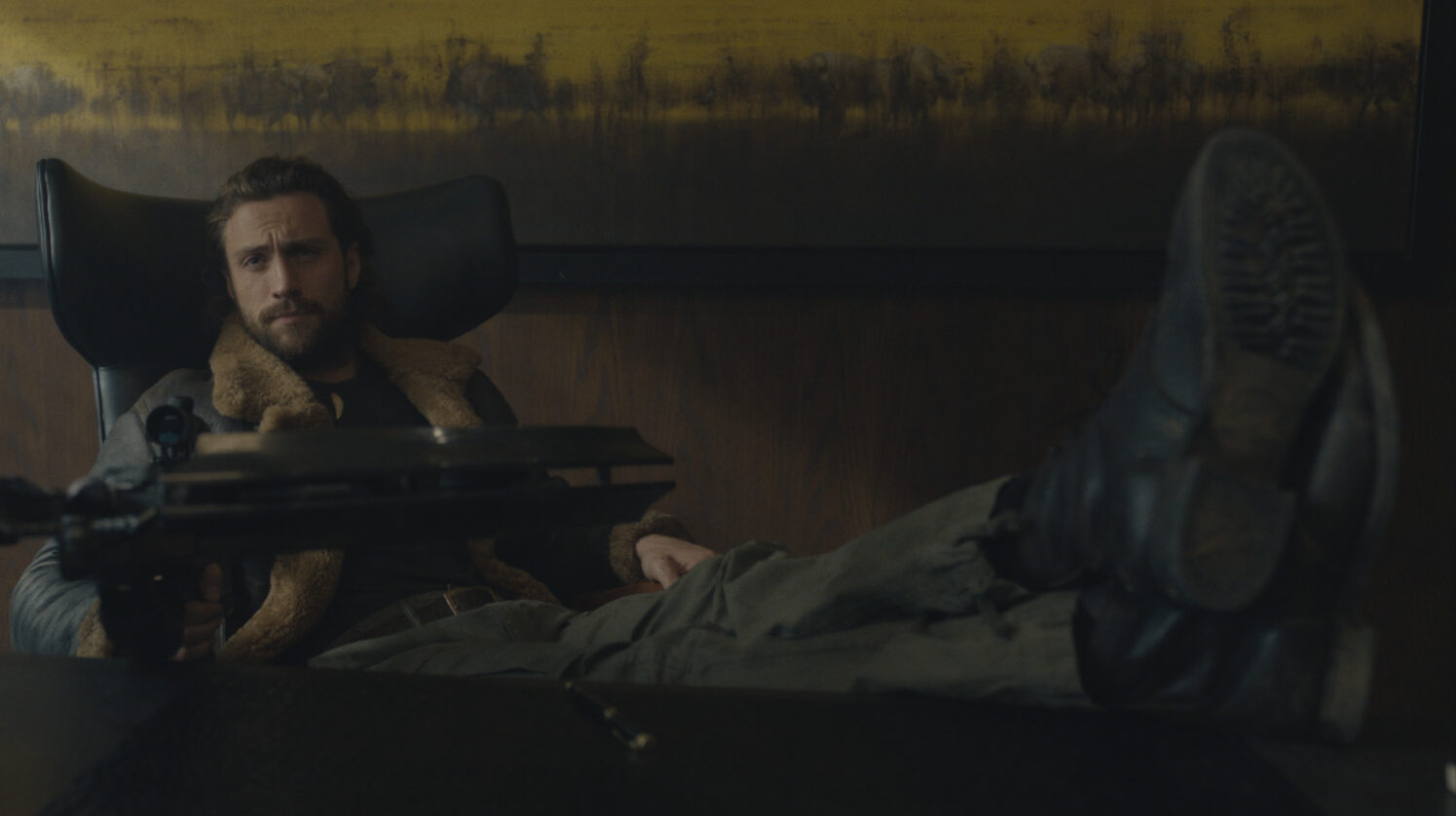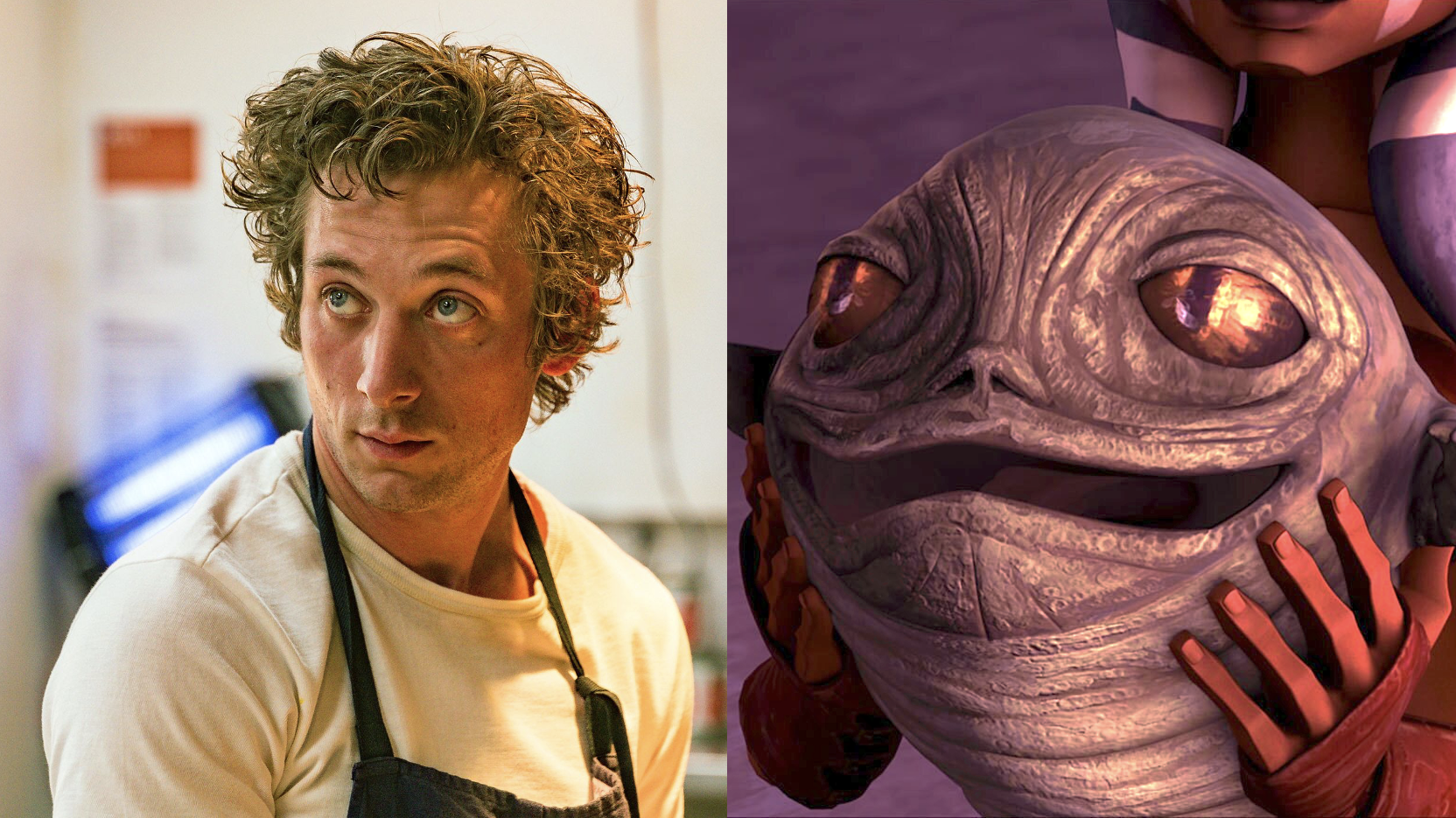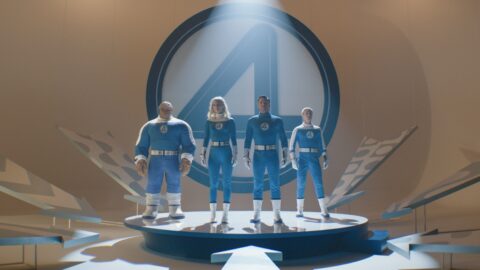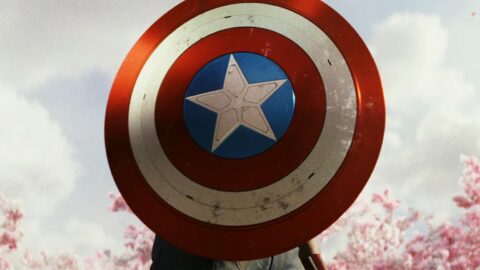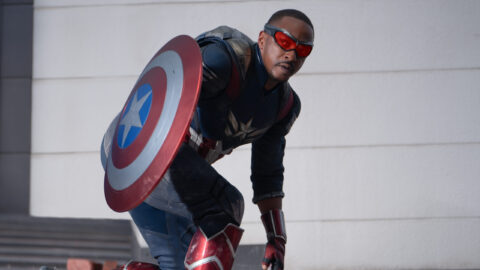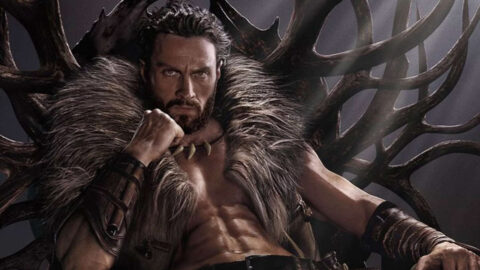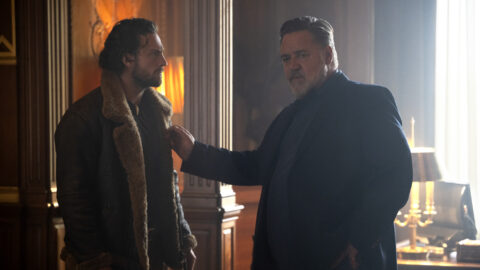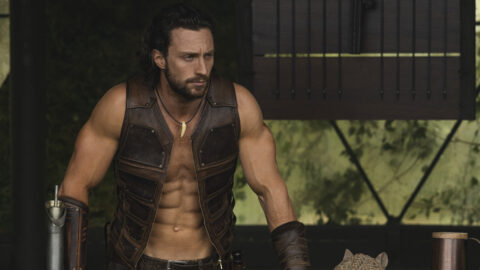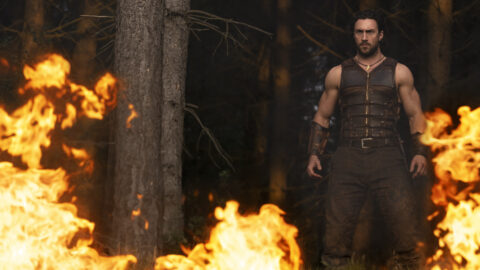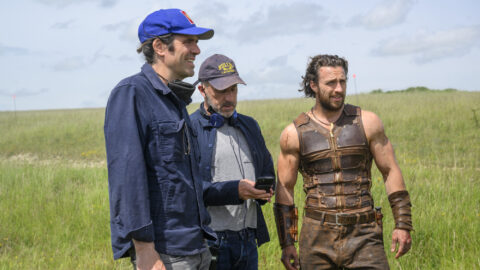'Mufasa: The Lion King' Review - A Solid Prequel to the Beloved Tale
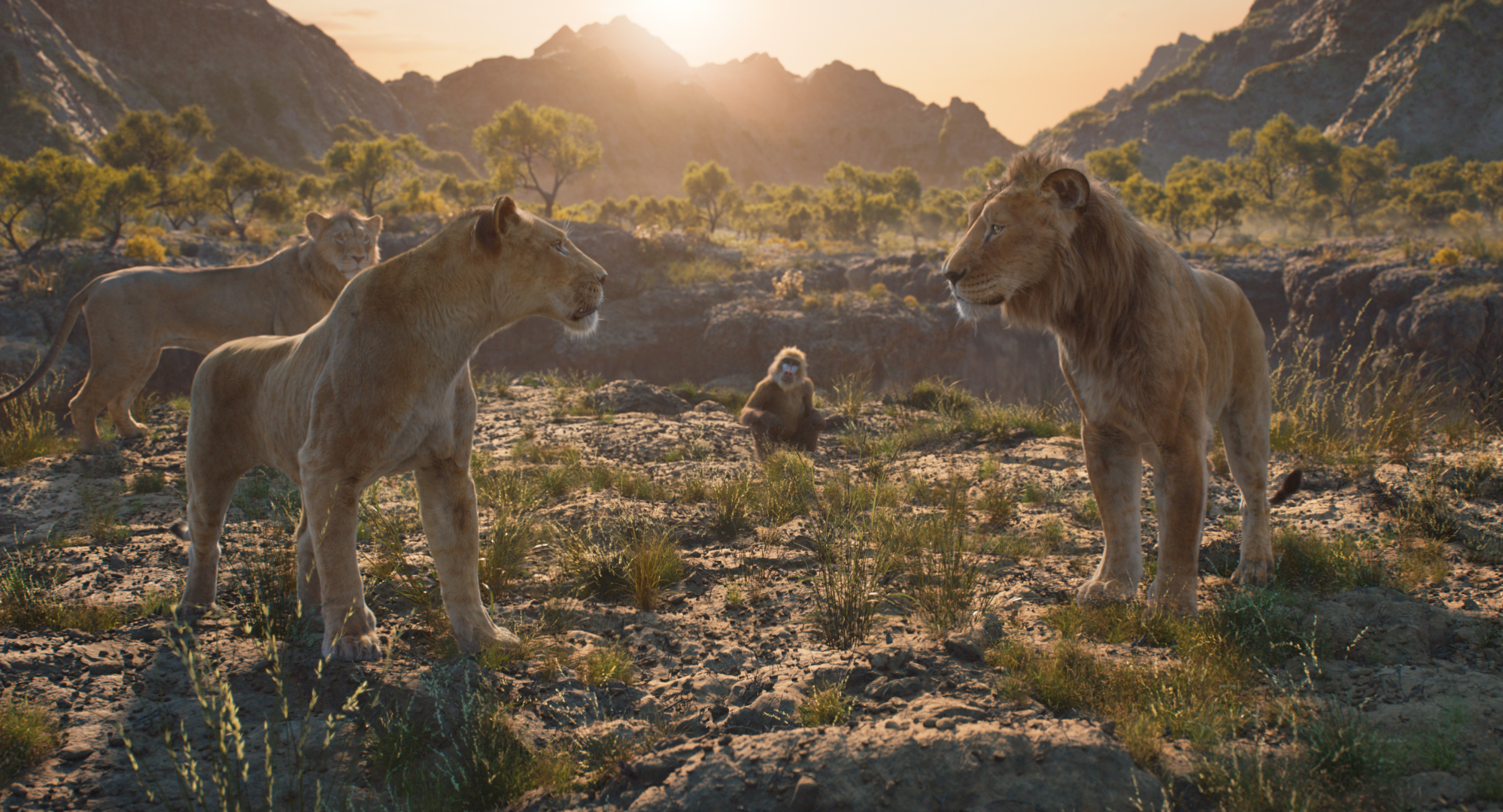
This article is a review of Mufasa: The Lion King after a free screening of the film.
Disney’s Mufasa: The Lion King serves both as a sequel and a prequel to 2019’s The Lion King, chronicling Mufasa’s rise to the throne of the animal kingdom while told from the perspective of a bedtime story to the titular character’s grandchild after the events of The Lion King. Directed by Barry Jenkins (Moonlight), Mufasa: The Lion King delivers a safe, but narratively satisfying backstory to the characters in 2019’s remake of the beloved classic.
Opening with a tribute to original Mufasa voice actor James Earl Jones (also famous for voicing Star Wars villain Darth Vader), this film holds the themes of loss and found family close to heart, with the core characters instilling the importance of resilience in each other during trying times. In this film, Mufasa is portrayed by Braelyn Rankins as a cub, but the film mostly follows Aaron Pierre as he embodies Mufasa’s young adult form. Neither voice carries the gravitas of Jones’, but that’s the beauty of it – both actors voice more juvenile forms of the character, versions who have not yet experienced the life lessons Mufasa will be faced with in his reign as king, and are chronically uncertain of themselves as a result.
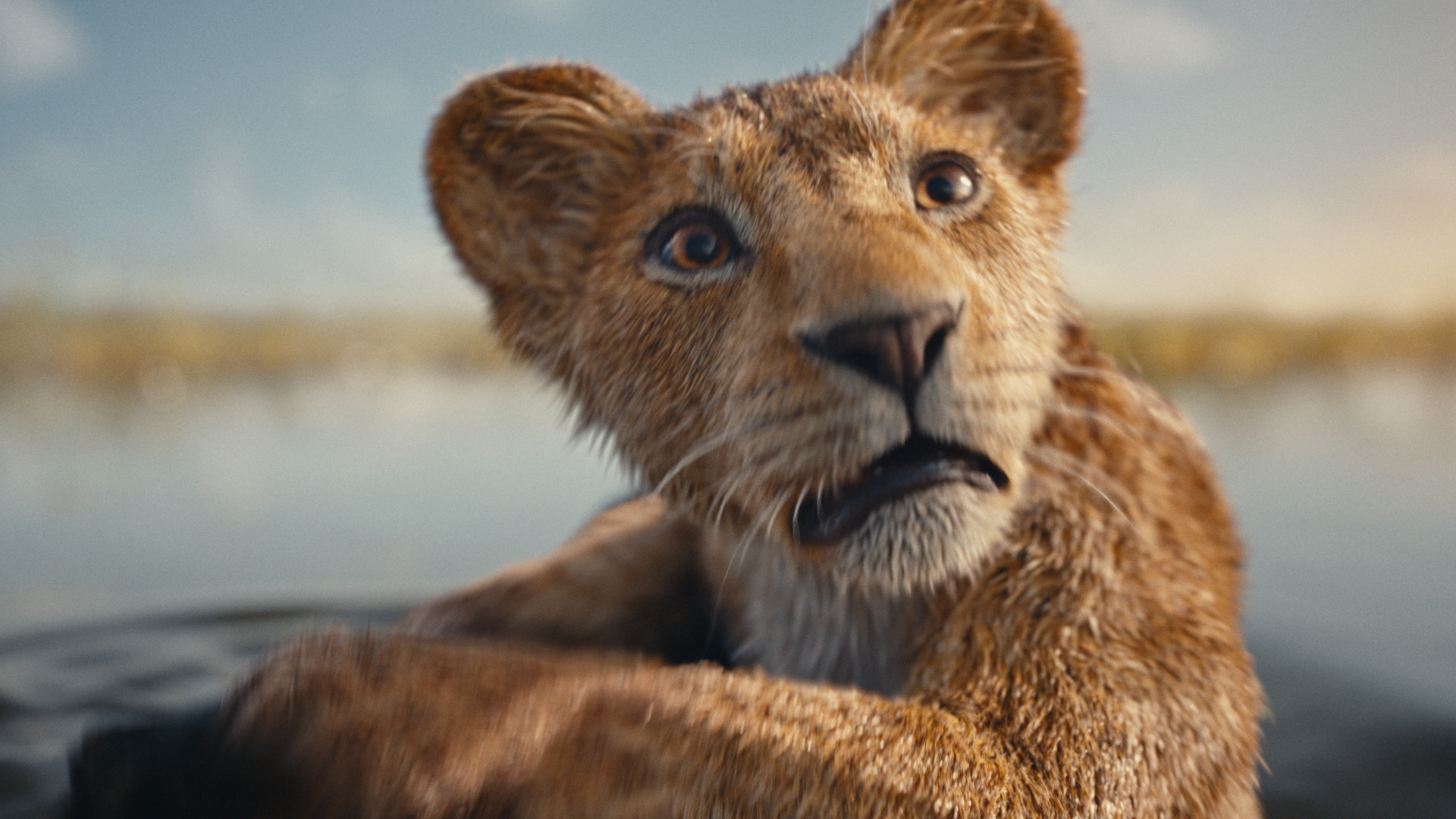
The film’s framing device – an origin story intercut with present day scenes, which features characters Timon and Pumbaa, voiced by comedians Billy Eichner and Seth Rogan respectively, reacting to the story told by Rafiki (Black Panther‘s John Kani) and cracking fourth wall-breaking jokes about copyright lawsuits and film executive notes, feels like a mistake that disturbs the film’s flow in a runtime that already feels elongated. The film would have been better served without these scenes interrupting the feature’s pace, allowing the movie to serve as a true prequel to 2019’s The Lion King.
When the film does focus on being an origin story for the 2019 instalment, it’s at its strongest, with the film crafting mostly intriguing storylines that expand and serve the lore of its timeline successor. Often today, many sequels and prequels for beloved films feel nonsensical or destructive to their legacy, with Peter Jackson’s The Hobbit trilogy criticised for its confusing timelines and unexplained connections to its sequel The Lord of the Rings trilogy. It avoids the mistakes of such criticised prequels, but only just misses the heights of other, more esteemed prequels such as 2011’s X-Men: First Class.
Many of the film’s roots for later story developments or character motivations in its previous instalment perfectly click into place, with the introduction of eventual villain Scar wonderfully explaining his pining for the throne in The Lion King. This character’s storyline was emotionally satisfying, although the motivation for his moral turn felt somewhat flimsy. I liken this film’s mission to that of the recently released Transformers One, which also served as a prequel for its franchise and featured two protagonists who eventually turned on each other to butt heads in subsequent instalments. Both prequels succeeded in this mission, although I think the Transformers movie achieved it slightly better.
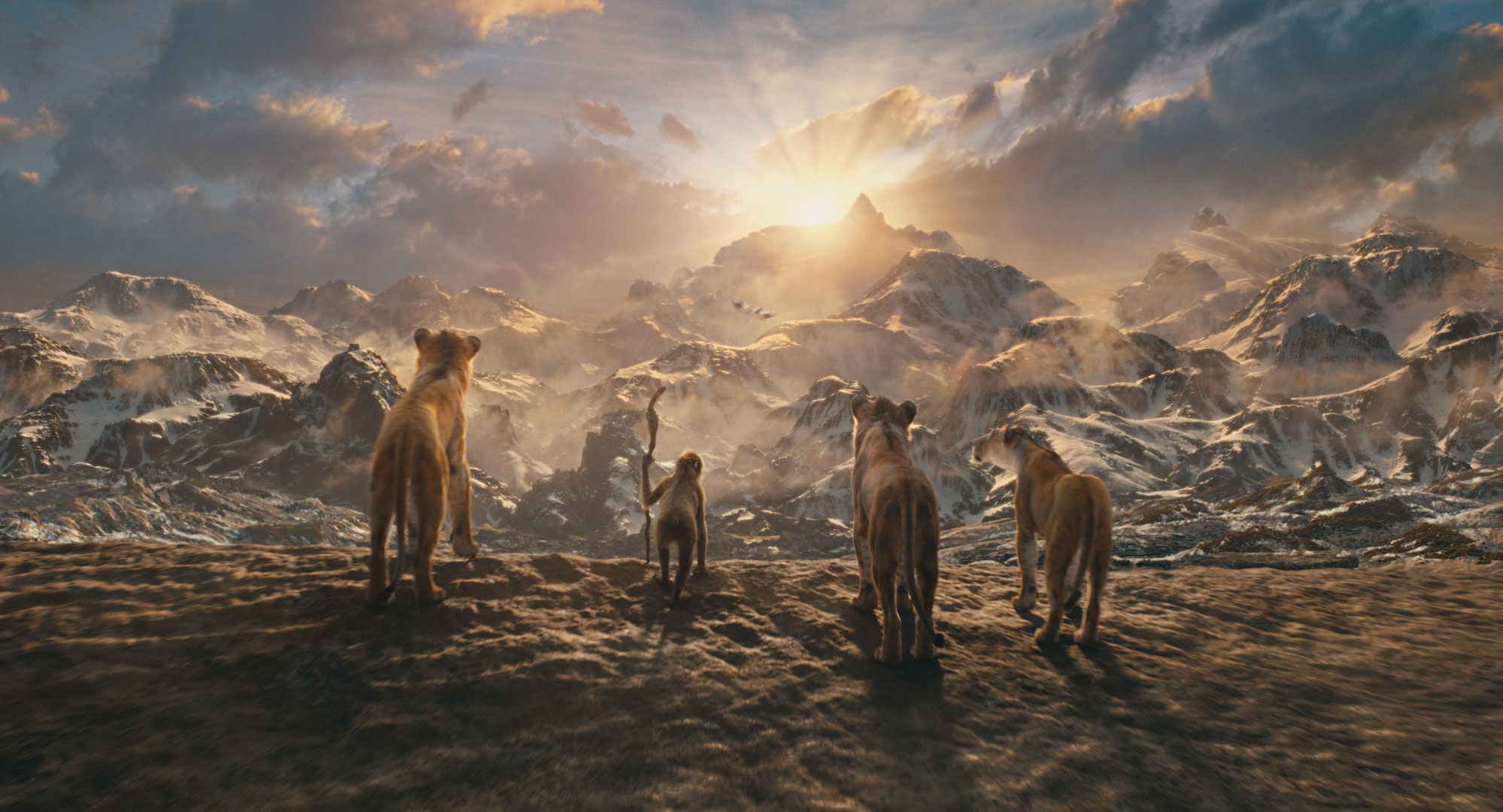
While the animation is near-lifelike and deserves praise for this, I do question the intention of this. I would understand if director Barry Jenkins wanted a realistic film that audiences could experience almost as a National Geographic film, but to keep it as a musical, a very fantastical element for a film, confused me. This criticism obviously extends to the 2019 film, and I still maintain it – it should either be a full animated film jam-packed with songs, or be a realistic-looking film without any songs. I feel this film may have been better served being a prequel to 1994’s adored classic, and adopting its animation style where the animal characters are able to emote with their faces, and believe it is good enough to be accepted by the majority of audiences as a worthy prequel, which I believe is very high praise to award this film.

‘Mufasa: The Lion King’ honours the legacy of the original film
The general consensus from my cohort of screening viewers was a positive one. All were satisfied to a degree, with many absolutely adoring the film and finding it emotionally rewarding. Even the harshest and scarce critics found it a decent watch and a harmless prequel. There were no primarily negative reviews, and I feel when reviews drop, most will label it as an enjoyable enough watch but not necessarily the top picture of the year.
Ultimately, Mufasa: The Lion King is a worthy origin story for the iconic character Mufasa, one that satisfyingly sets the stage for its characters to grow into their older counterparts in time for the core film of the franchise. While it was a little too slow at times and not a film I’ll be rushing to see again, overall, my perspective of the movie is largely positive and growing with time, and I’m very glad I went to see it. Mufasa: The Lion King is probably the best contender for this year’s family holiday season cinema trip, although its more complex narrative may make it a better fit for the older and slightly more mature kids, as younger children may find themselves bored by the scarce action and lifelike animation.
While it was a little too slow at times and not a film I’ll be rushing to see again, overall, my perspective of the movie is largely positive and growing with time, and I’m very glad I went to see it. The picture is leaps and bounds better than its earlier 2019 instalment The Lion King, and touches the territory of that upper echelon of this year’s releases, but does not quite reach it. Most will like it, some will love it, and the rest will find it was a decent and inoffensive addition to the franchise.
Watch the final trailer for Mufasa: The Lion King below:
Mufasa: The Lion King will be released in cinemas on Friday 20th December 2024.
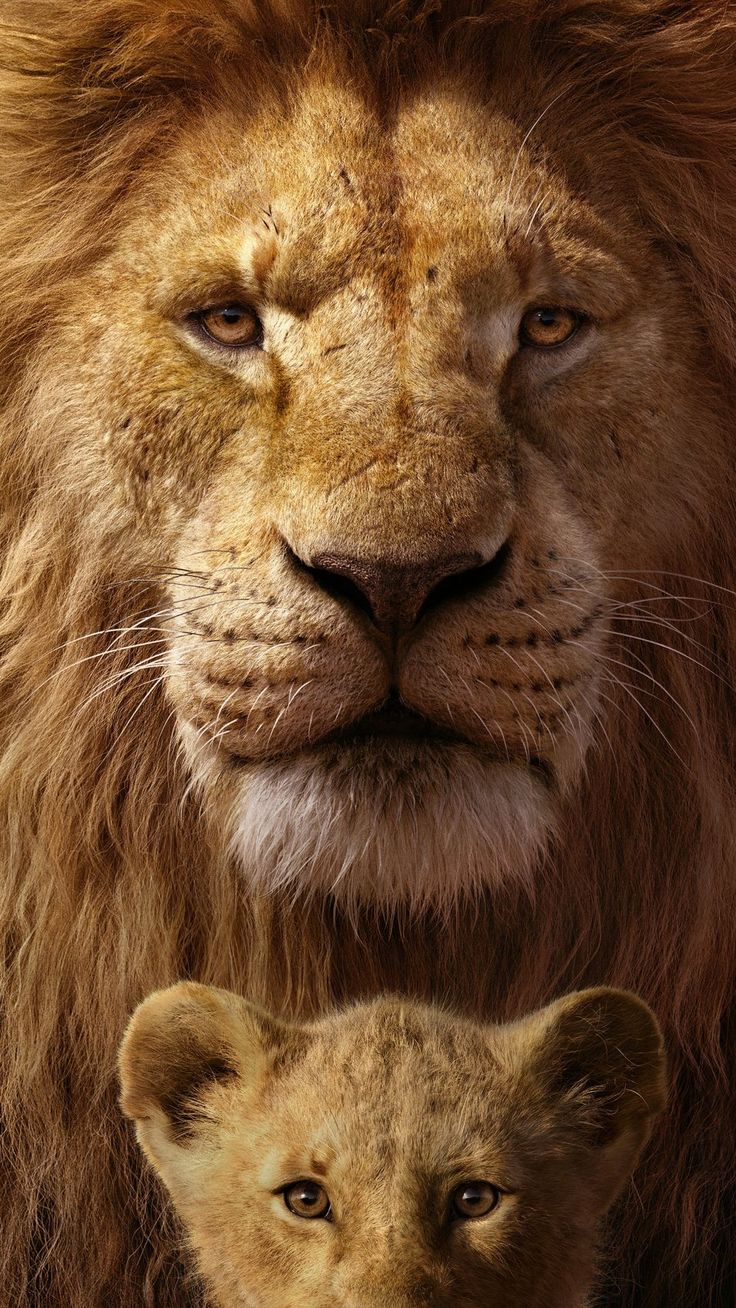
You might like


